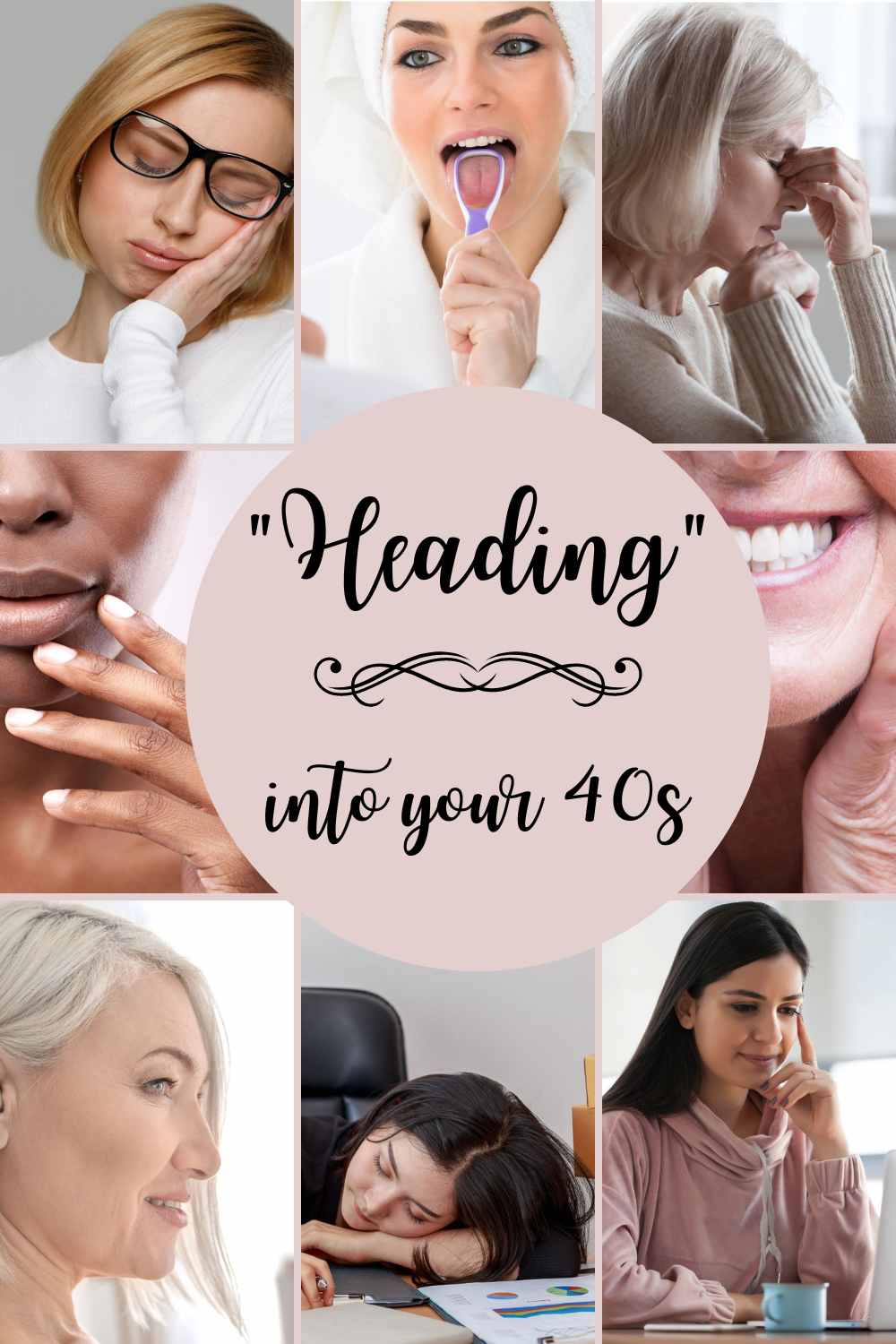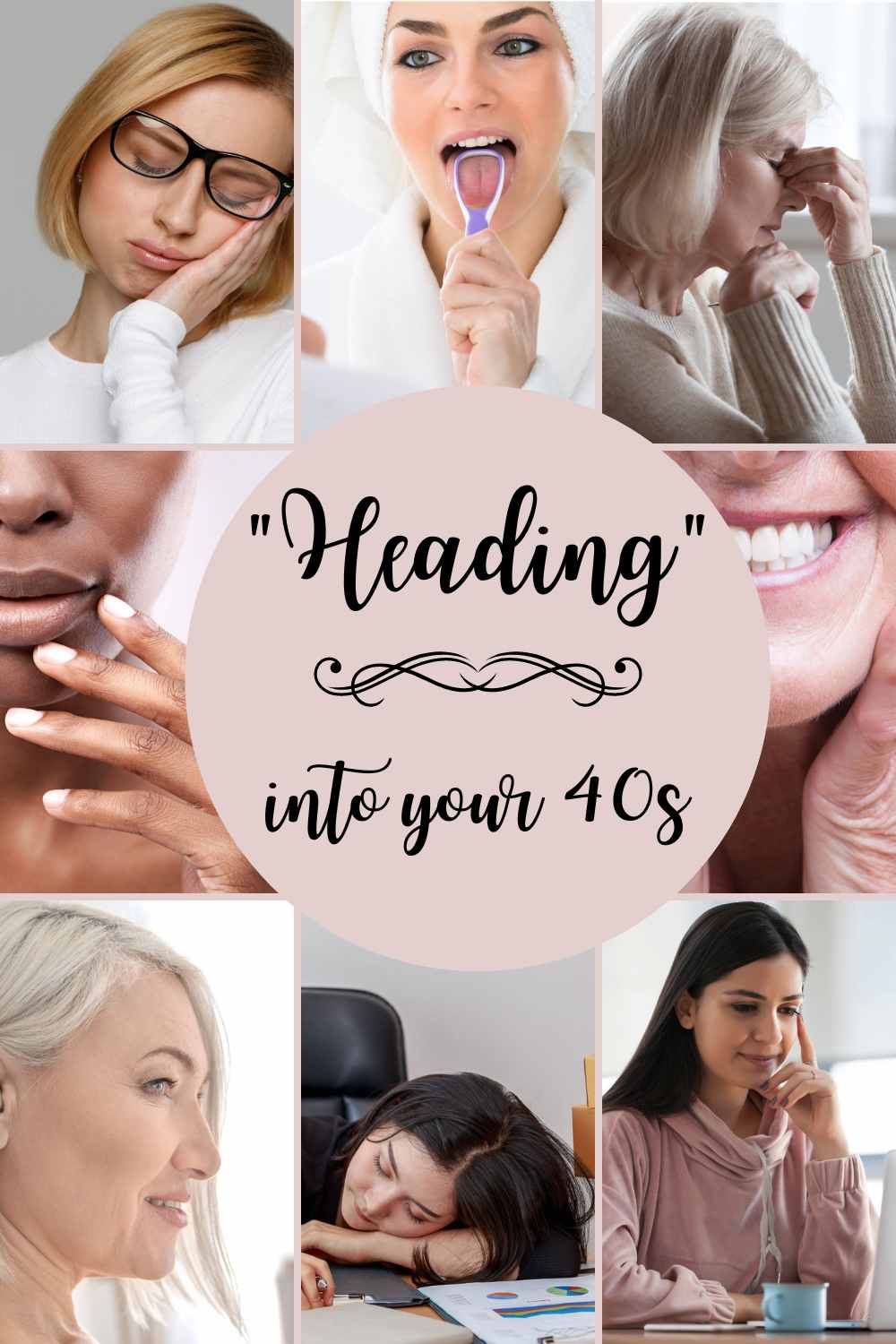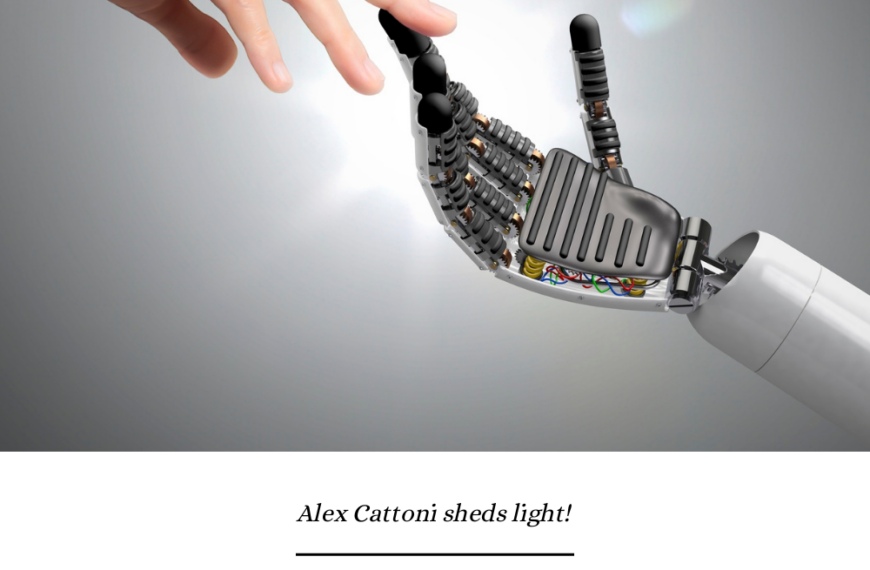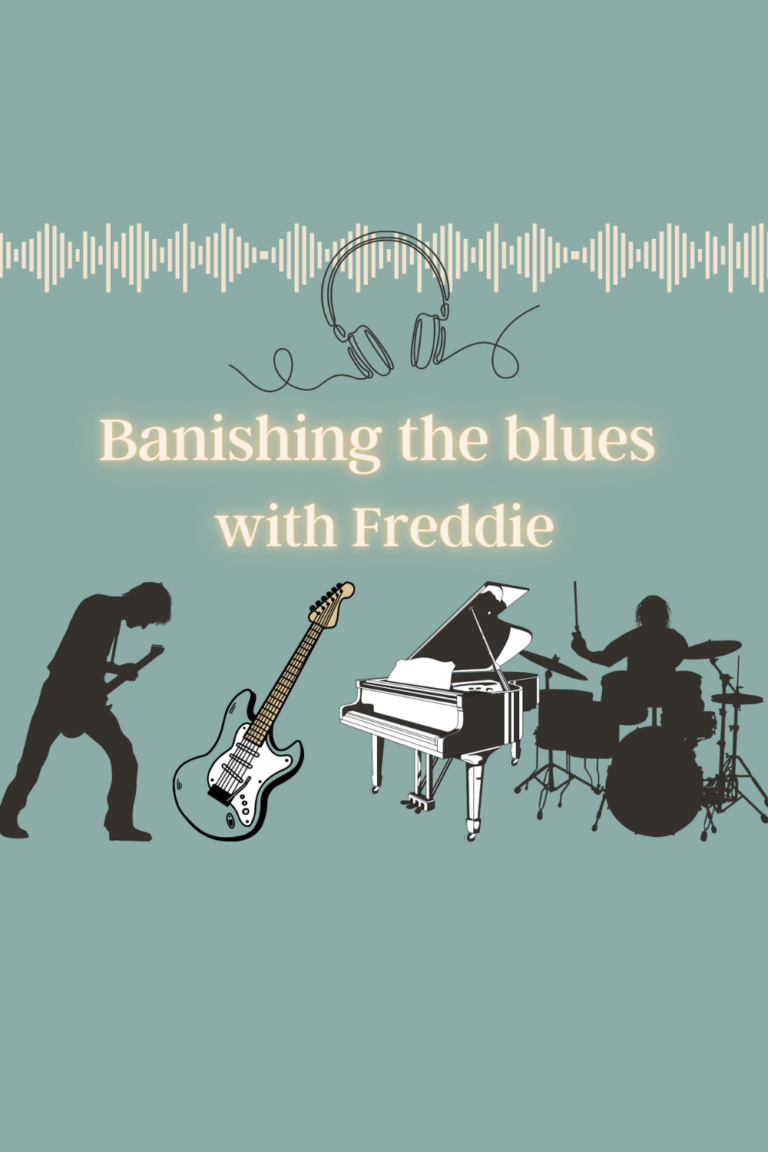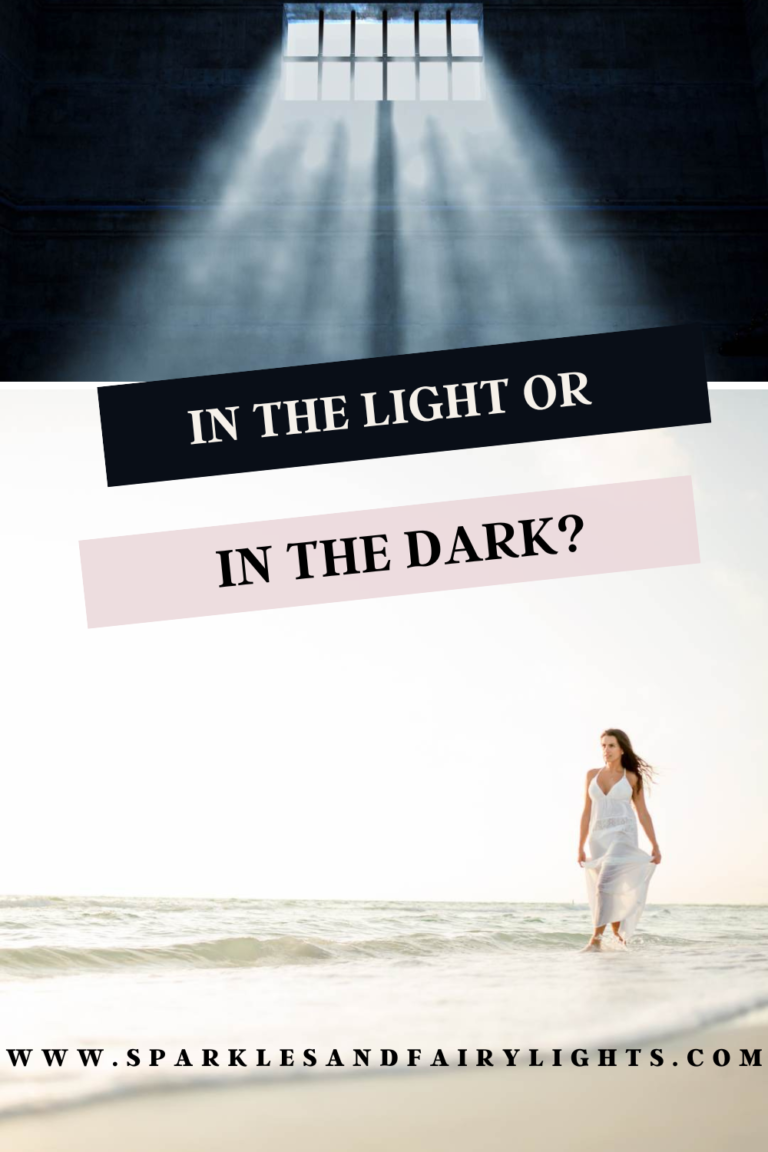“Heading” into your 40s
It is officially summer in Cape Town and there is a uniquely enchanting what can only be described as a vibe in the air. The delightful buzz of #summer holidays is experienced as a palpable energy and expectant excitement so entrenched into this time of the year in our fantastic city.
Now that you are settling in and without wanting to put a dampener on it, let’s proceed to chat about what the effects of hormonal fluctuations leading up to the #menopause and ageing are on the skin and the as it turns out, the head, as this is as far as I am going to get in this article.
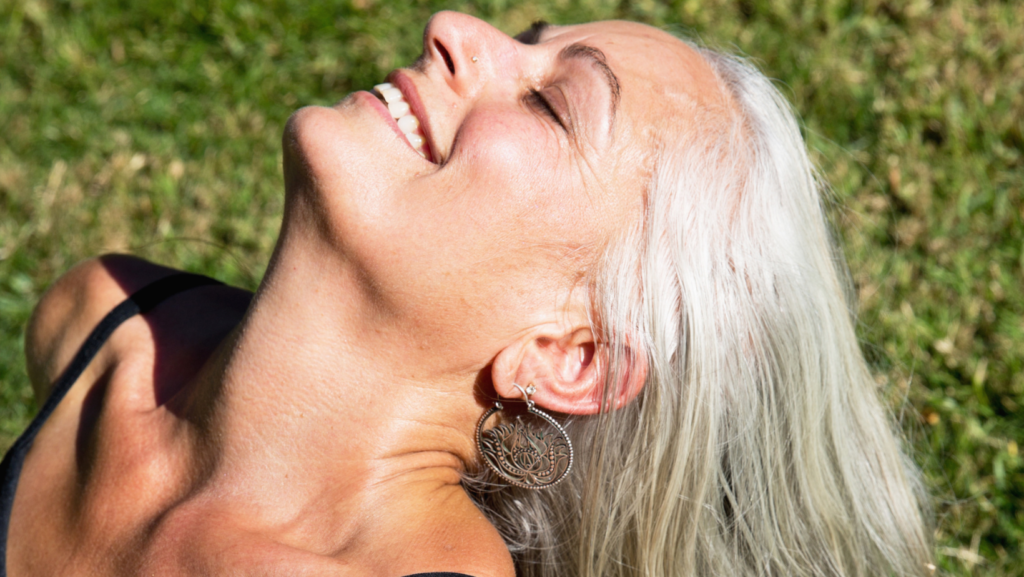
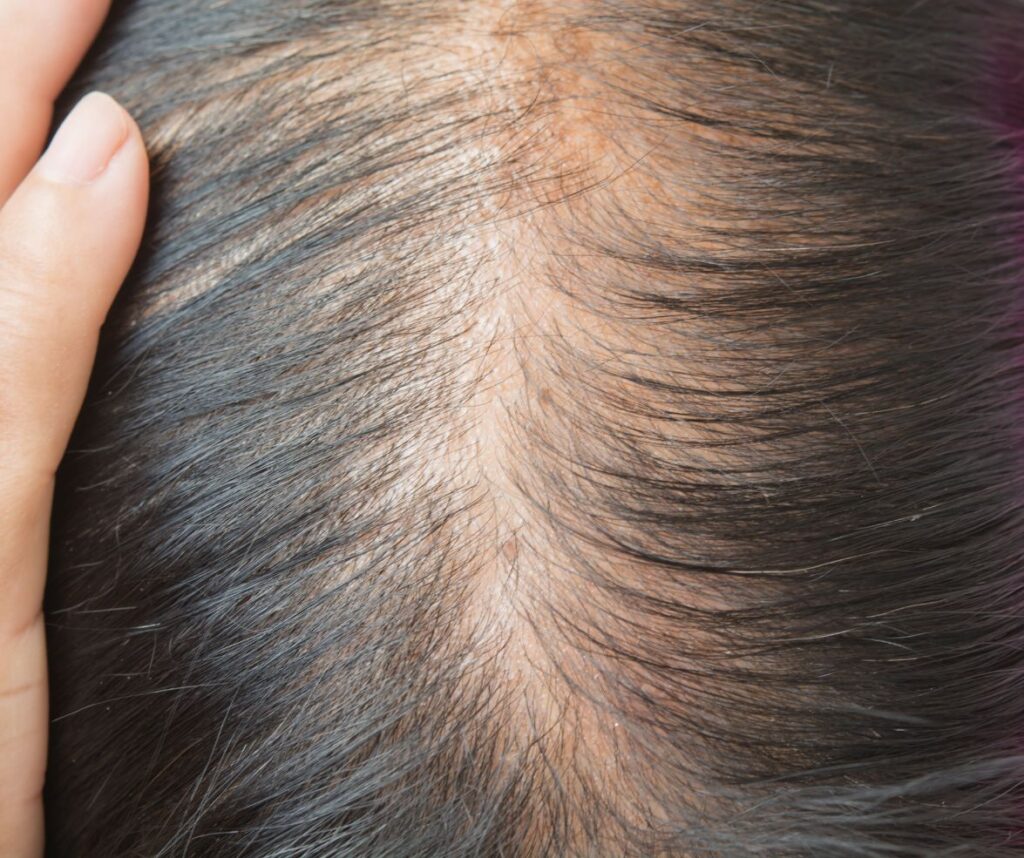
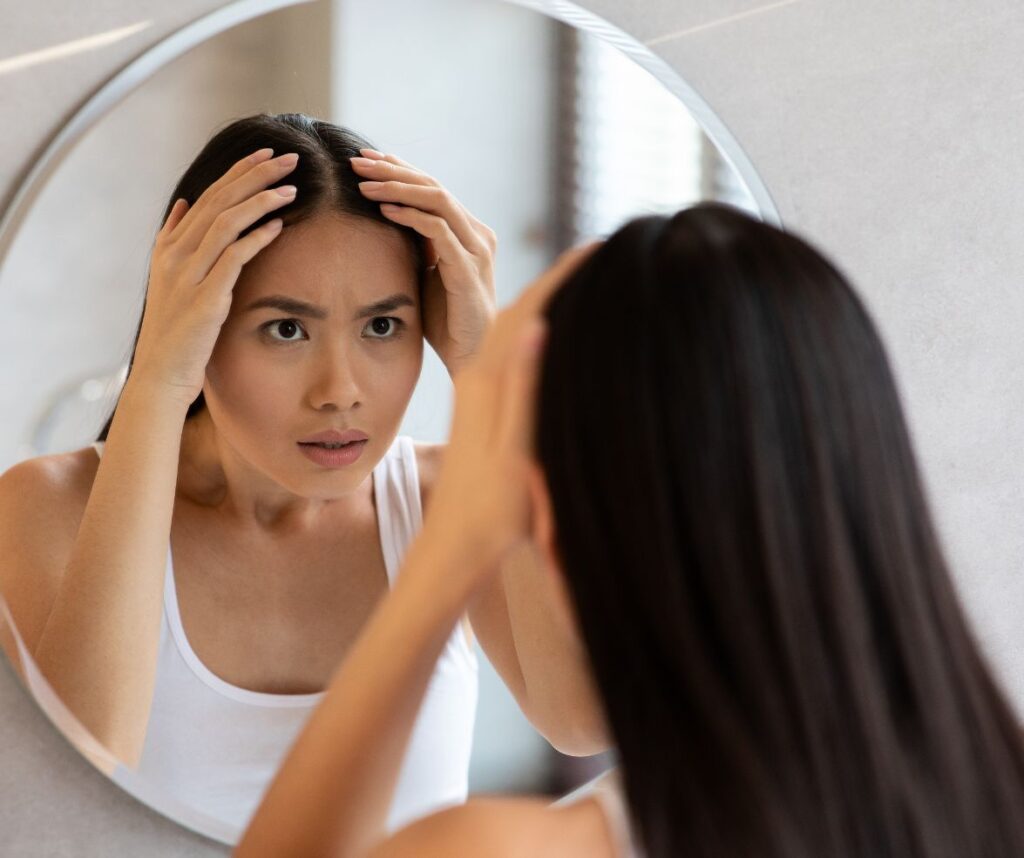
Headlong into perimenopause
Without further ado, let us start with the crowning glory of many a woman. By the time a woman hits her 40s, she has probably learnt to tame her mane amid the humdrum routines of having a family, working, life and generally maturing. However, just as things seem to be coming together nicely, BOOM some hair-raising experiences start to occur: thinning, receding or greying and maybe even patches in the #hair. These are oftentimes the effects of #hormones. For many women, depending on the thinning experienced, it could be one of the most horrendous reminders that time is marching on.
A Cleveland Clinic article explored the relationship between hair loss and menopause. I quote: “During menopause, you might see one of two things happen with your hair. You might start growing hair where you didn’t before. Or, you might see the hair you have start to thin.”
It proceeded to explain in more detail as follows: “During and after menopause, hair might become finer (thinner) because hair follicles shrink. Hair grows more slowly and falls out more easily in these cases.”
Fairly grim reading really. We will delve deeper in an upcoming episode about hair. But while we are still just under the hair #follicles, it is probably best to mention another unexpected symptom of #perimenopause. If you are not used to #headaches then this is alarming news: intense headaches and migraines start to occur.
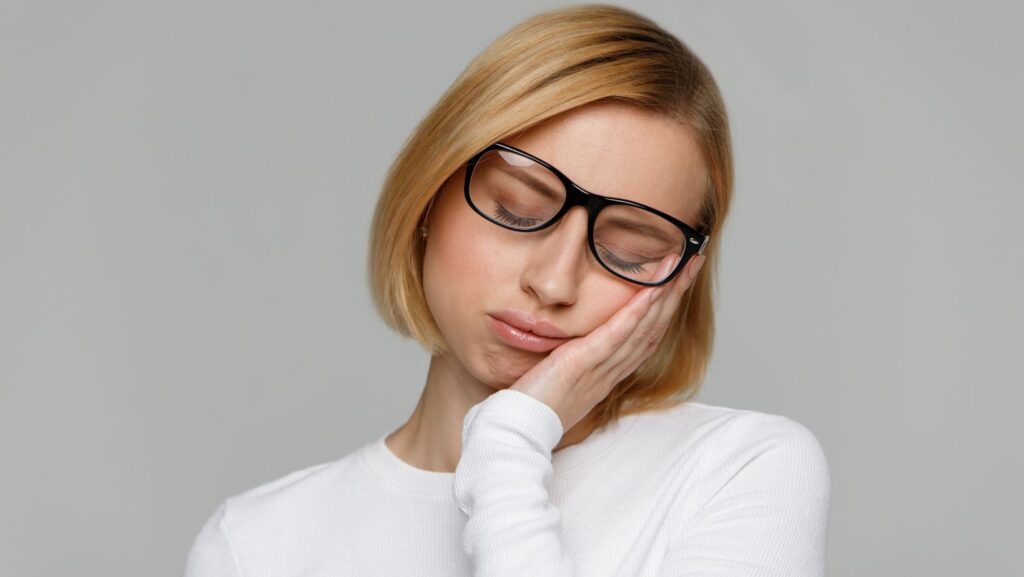
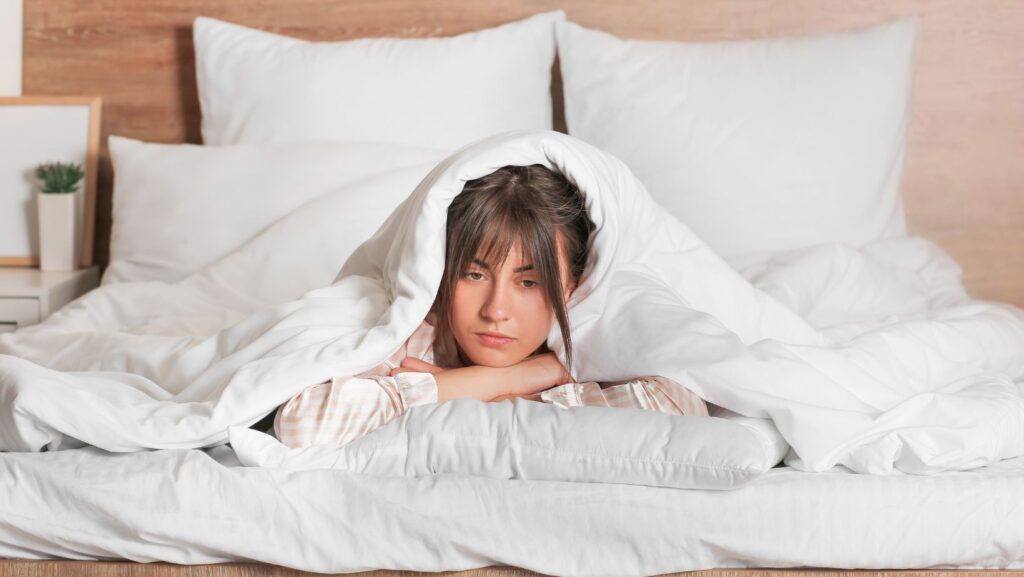

Insomnia
This is a natural segue into the #insomnia. Not only is it possible to be experiencing anxiety about weird symptoms and headaches from hell, but when one tries to get some shut eye, bang, sleeplessness. The frustration is overwhelming and it seems like the dark circles under one’s eyes just can’t catch a break. Trying to negotiate the world as a high-functioning adult is scuppered by the dreaded brain fog that can truly be the knock-out punch. And did I mention the #irritability and #mood swings you are likely to be feeling. Already frazzled and in a tailspin, well dizziness, struggles with maintaining physical balance and light-headedness all add to the utter consternation.
Amid the sleep deprivation and desperation for rest, restoration and some semblance of normality, in comes hot flushes. A friend described hers as coming from the lower body all the way up. Some women describe profuse sweating that leaves them shaken. One of my cousins shared her story with me and expressed how utterly horrendous the sweating was and recommended that women seek help as it is available and, therefore, unnecessary suffering can be avoided. Night sweats also add to a growing list of contenders that rob a forty-something woman of her sleep. These night sweats can be so severe as to cause one to have to get up during the night in order to change the bedding. Either way, more time is lost as bedding needs to be changed more often, ablution issues increase and more time is needed to do what needs to be done. Sleep evades … irritability abounds.
The previous article, extensively dealt with brain fog and the debilitating effect it can have on some two-thirds of women worldwide and believe me, it has been one of the worst symptoms I have experienced. We also discussed the eyes previously and the issues older women start to experience, from vision to drooping eyelids and wrinkles.
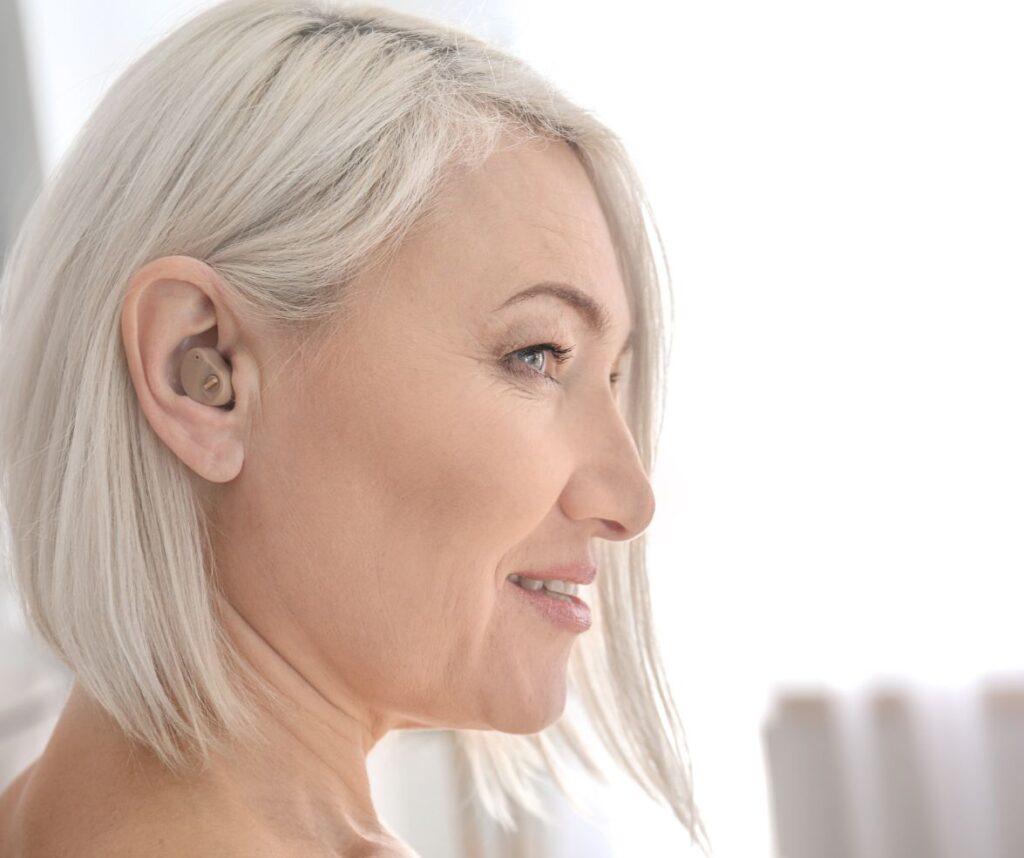
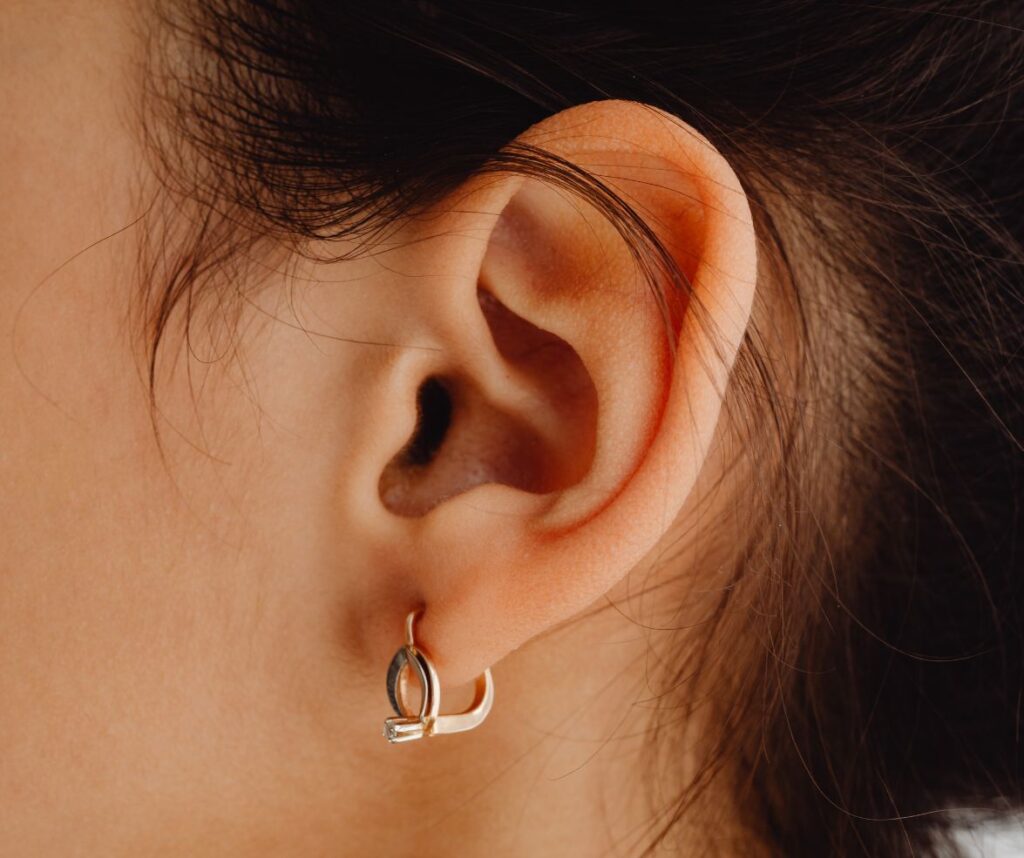
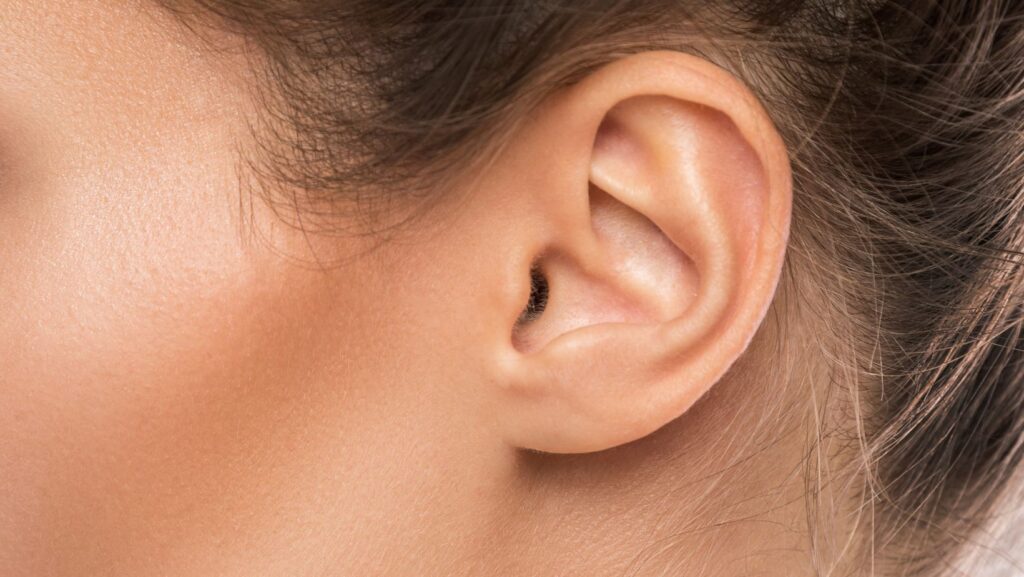
Gravity to blame – drooping, sagging et al
I am now going to go myth busting next. Are you also familiar with the notion that the ears keep growing as you age? Turns out it is the effect of gravity. According to a Web MD article dated 21 November 2021, “Noses and ears are made of cartilage, a flexible tissue that’s harder than skin but softer than bone. It wears down over time and doesn’t give as much support to the skin on top of it. Your skin also loses elasticity and firmness over time, and it tends to sag. Loose or sagging skin over a weaker cartilage frame makes ears and noses look longer.
“You may also find that the rest of your face changes in ways that emphasise your nose or ears. If your cheeks and lips look thinner, your nose might look bigger by comparison. A looser jawline could draw attention to ear lobes that hang lower than they used to.”
Effects on hearing and ears as we age
Did you know that? I know this hardly a big deal, but your earrings actually don’t fit the same way. True story, the earrings start to droop on the earlobe. I hate to say it, but that joke about earrings always fitting no matter the diet, may in fact not be quite as hilarious or true. The days of wearing heavy, dangly earrings are sadly also cut short. It is probably best to wear them when your earlobes are still able to handle it. I never thought I would be mentioning that nugget of wisdom.
Those are the physical signs – now on to actual hearing difficulties. Do you fear losing your hearing as you age and have you ever heard of earwax impaction? This is an excerpt of a report on Healthyhearing.com as it responds to the question: Will I lose my hearing as I get older? I quote: “It depends largely on your genetic and medical history, as well as your exposure to noise over the years.”
Also, as we age, we become sensitive to loud noises. Yes, those jokes about old people wanting the young people to tone it down may have something to do with it. I am an introvert and a few years back became aware that I was easily frightened by unexpected loud sounds. On my daily walk, I often heard the doof-doof of a man in the neighbourhood who always had his car radio blaring. It was a so grating, but that was not all, he intensified my ire with the words emblazoned on his car: If this is too loud, you are too old. Talk about adding insult to injury.
I am gratified to be able to report that there is science behind this phenomenon. It is called hyperacusis and more and more people report being affected by it. Another issue that can be experienced at this time in our lives is tinnitus or ringing in the ears and back to my original question. Have you heard of earwax impaction? Well, according to an article on the HealthinAging.org website, “Hearing loss can be caused by physical changes in the ear, the auditory nerve, or the ability of your brain to process sound. Sometimes, all three might be involved.
“When you age, the outer part of the ear canal thins and earwax gets drier and stickier. This increases the risk of impacted wax. Most significant changes take place in the cochlea. These changes can include the loss of sensory cells and degenerative changes in the nerve fibres that carry information from the sensory cells to the brain.”
Sensorineural hearing loss: “This type of hearing loss happens because of changes to the cells in the inner ear or related nerves. This is the most common type of hearing loss in older adults. Age is the main risk for this type of hearing loss.”

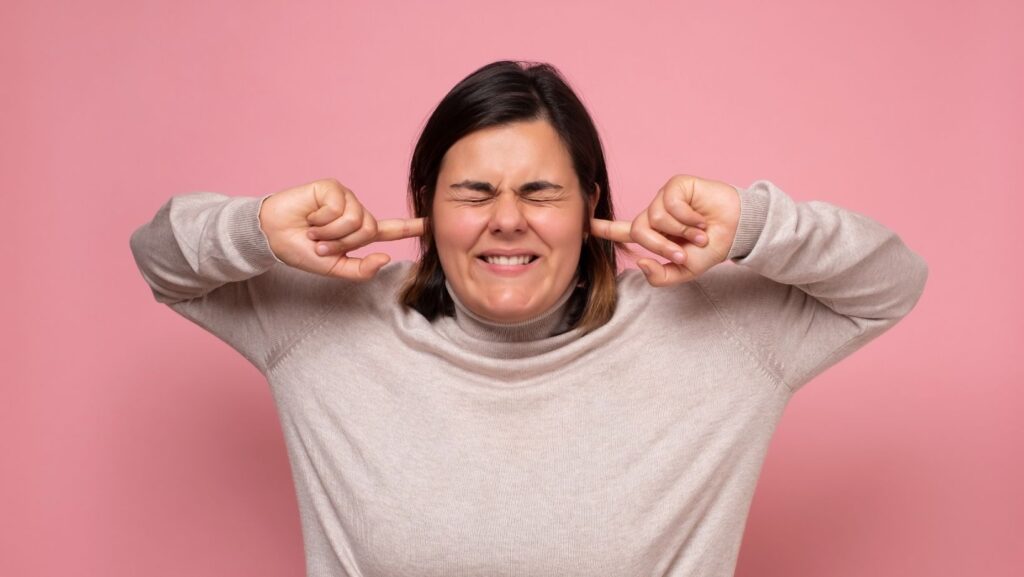
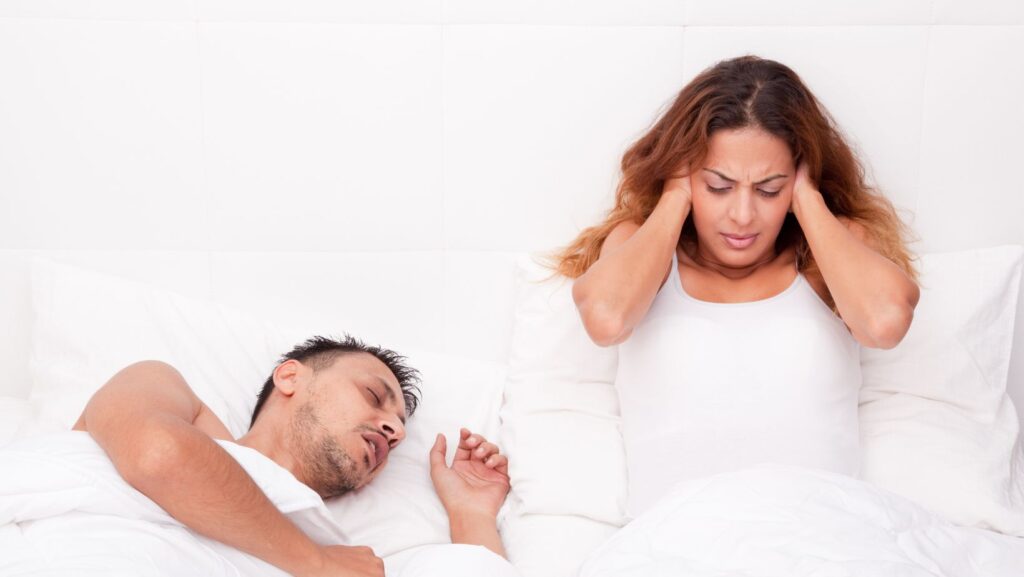
Snoring, a pesky reality
That is it for the ears and on to the good ole nose – I have already mentioned that the nose seems to enlarge due to the cartilage situation. But the other big thing with the nose is … snoring. I have to share one of my first memories as a very young child. The lounge area of our family home was dimly lit and my paternal grandmother had just moved in. I remember hearing this foreign, strident sound being emitted from there and I was petrified. Yes, that was the day I was introduced to snoring. As you age, you guessed it, the skin around your nose is also affected and snoring starts to occur. I have heard many a woman start to complain about her husband in this this exact stage of life. Men tend to snore more than women. Is that fact or fiction?
Well, here is what Hopkins Health had to say on the matter: “From gentle snuffles to loud rasps and snorts, snoring is common. An estimated 45 percent of adults snore occasionally, while 25 percent snore regularly—often disturbing their bed partner’s slumber and possibly their own, too. You’re more likely to snore if you’re overweight, are a middle-aged or older man, or are a postmenopausal woman. These night noises seem to worsen with age.”
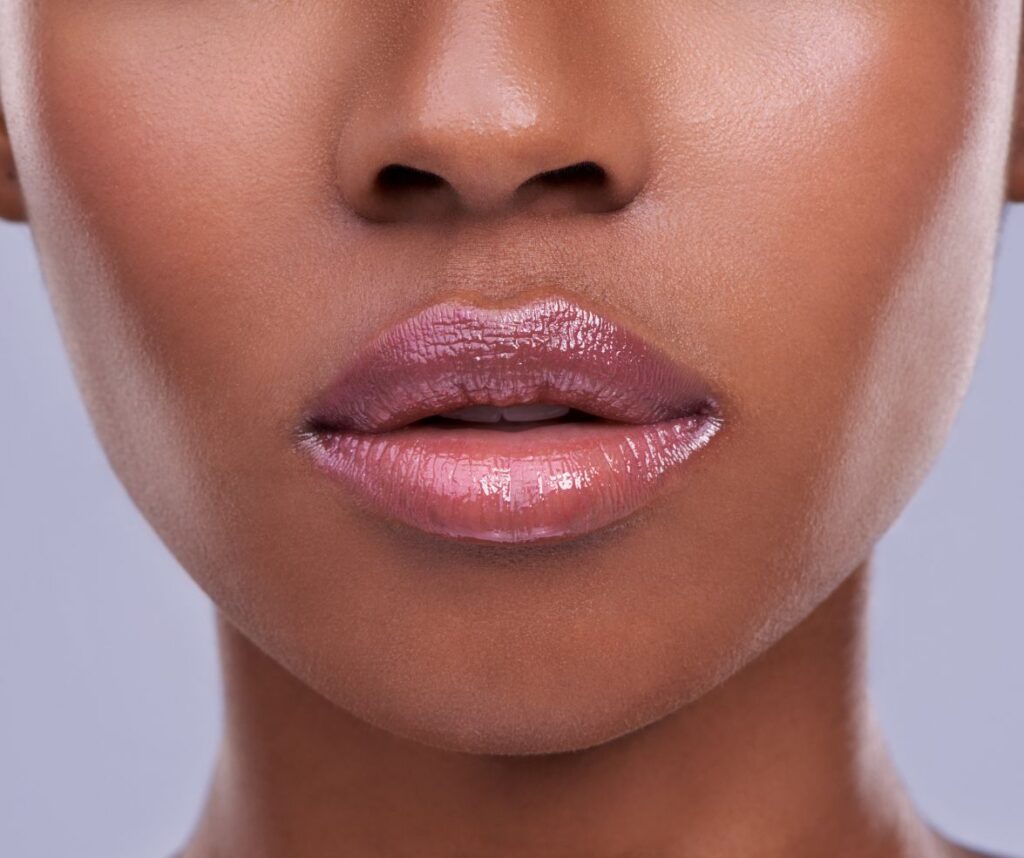
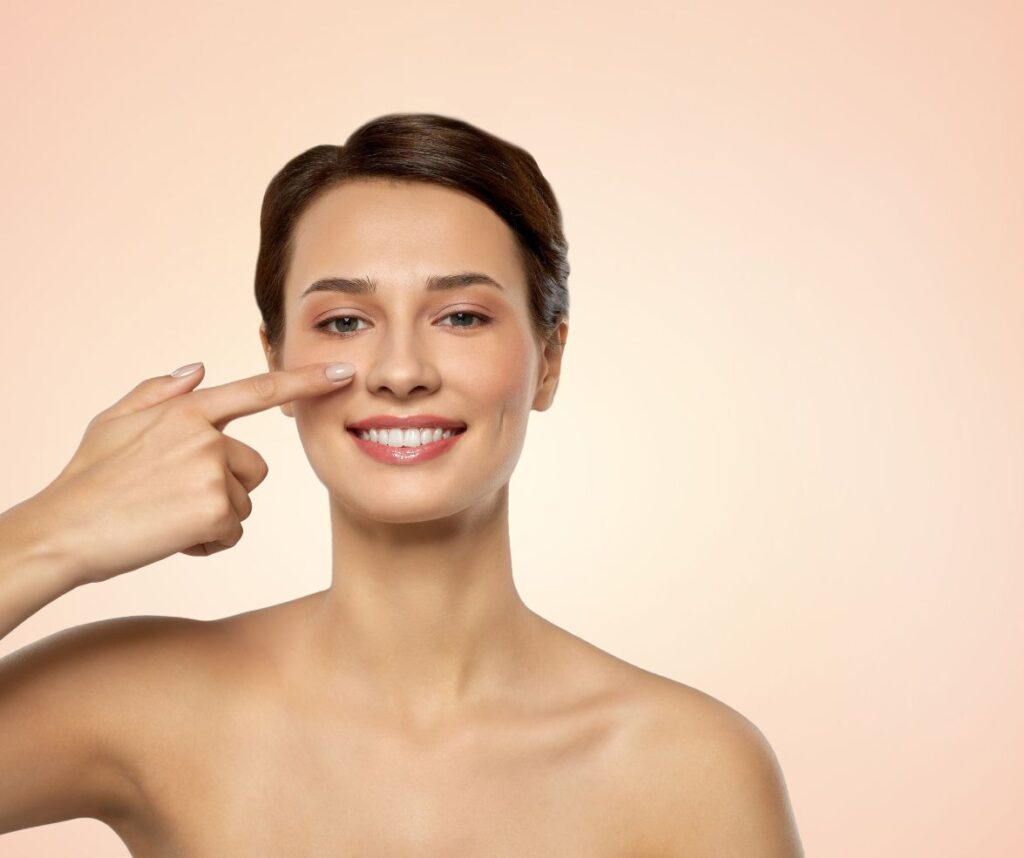
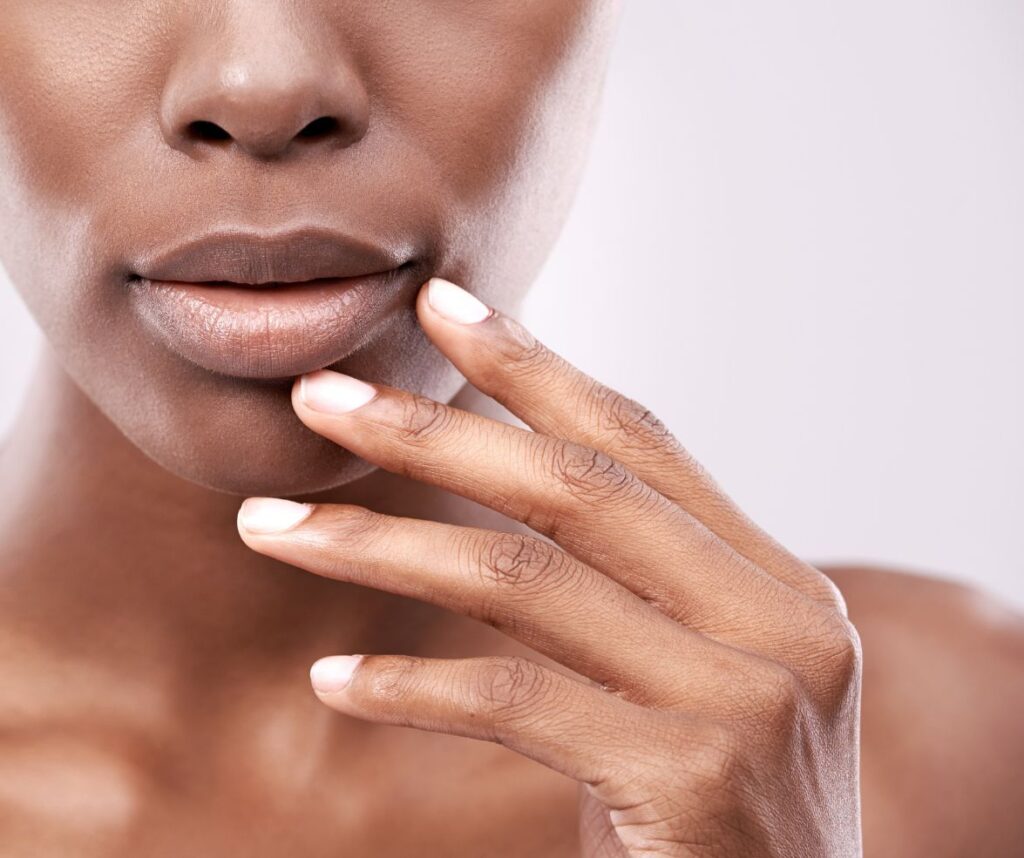
Oral hygiene
Another huge marker for this stage of our lives is related to our oral hygiene: teeth and gum health. Once again, as the face starts to age, the teeth start to recede. Receding gum and hairlines, welcome to the club. Beware of stained or yellow teeth. And bad breath … another unfortunate companion on the journey. In your 40s though, it seems as though keeping the gunk off your teeth gets that much harder.
And what about chattering teeth. According to A Vogel’s website: “It can be due to your mouth becoming drier, which is a common symptom. We have good bacteria in the mouth (as well as bad), that help to protect our teeth. Your saliva is a sort of antiseptic and helps to destroy any bad bacteria that are in the mouth. So, if you are producing less saliva because your mouth is getting drier, then this can affect the bacterial balance in the mouth. And we know that having a lot of the bad bacteria can be a huge factor in general tooth decay.
It continued: “We know too that falling oestrogen levels can affect the mucous membranes of the body, including the inside of the mouth, which can make your gums more sensitive and more vulnerable to recession. Your gums help to stabilise your teeth, so if your gums start to recede it can make you much more vulnerable to tooth loss and also more susceptible to tooth decay.”
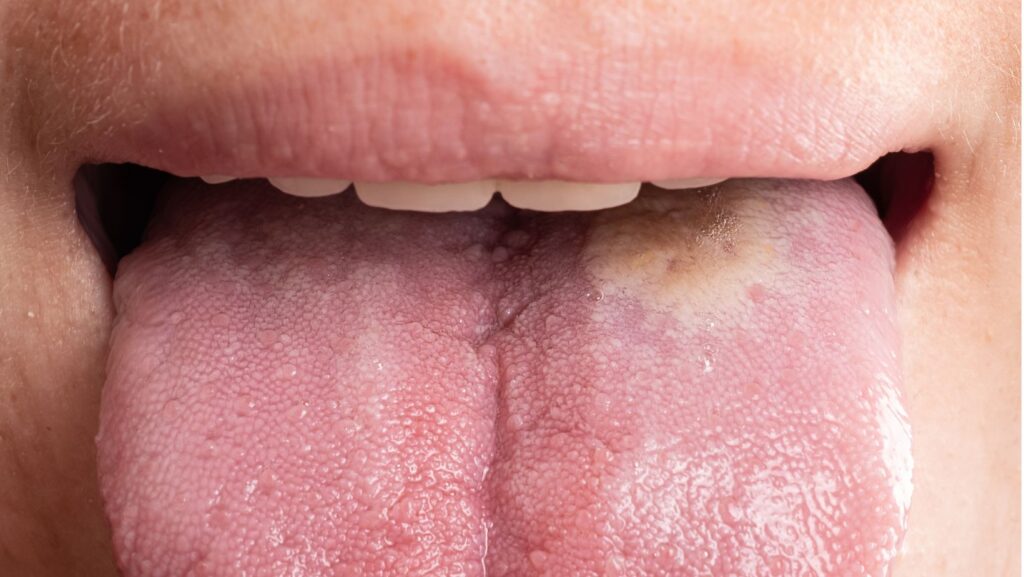
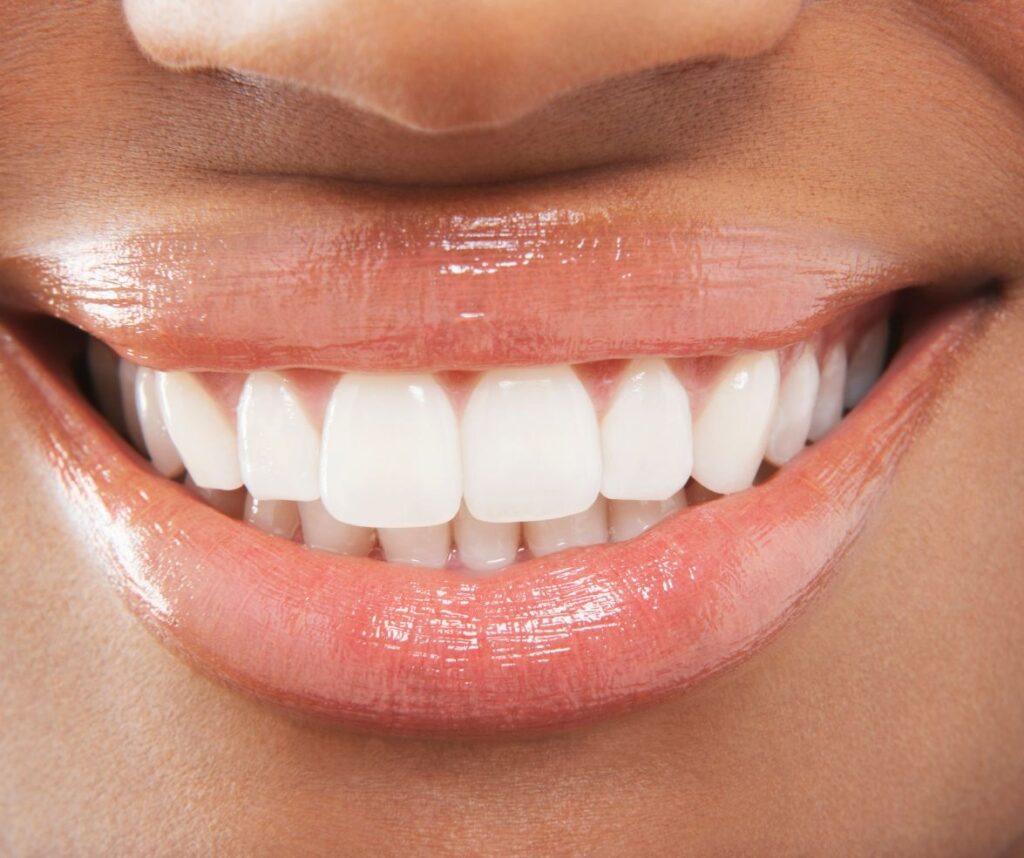
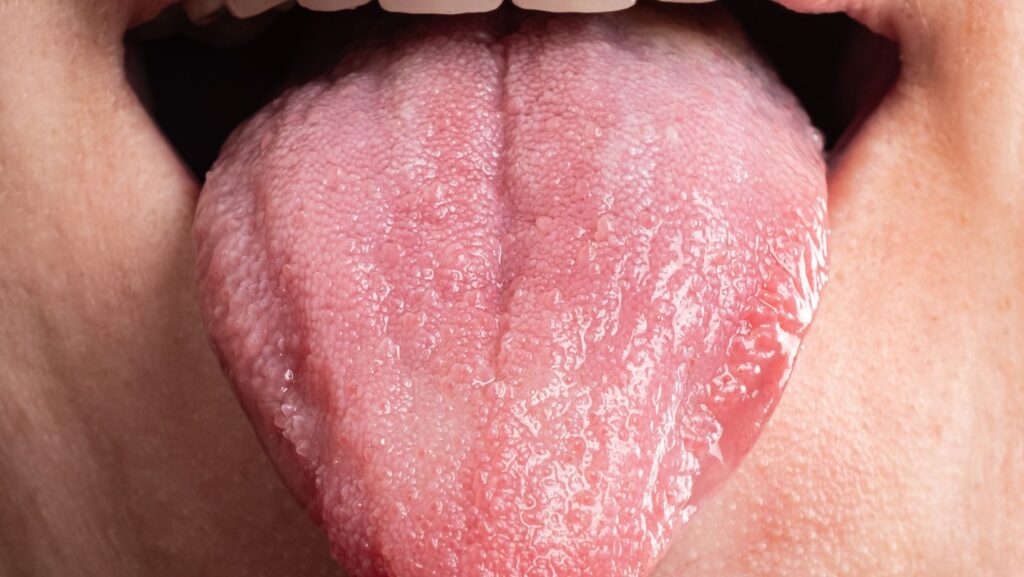
It is the season to be jolly hey, but my tale today is anything but. Metallic taste and burning mouth syndrome also affect the mouth and adding to our woes and aesthetic concerns, we can also expect to experience thinning of the lips, no, unfortunately, not the hips.
Still on the topic of thinning, I will preface this with a comment made by a friend I had not spoken to in ages. The first thing she mentioned was that my voice still sounded youthful – thank goodness – but should I be worried? Encyclopaedia Britannica has the following to say: As adults age, the vocal cords become thinner, and the cartilage of the larynx becomes harder and less flexible, altering the voice. Aging often changes the pitch of the voice, causing it to become higher in older men and lower in older women.”
The voice, mouth and tongue
I am happy to report that I don’t have an old-lady voice quite yet. A natural progression, we move to the tongue, which is comprised of eight muscles and one of the most flexible parts of the body. The job to communicate, taste, eat and aid in digestion lies squarely with your tongue. It is also a brilliant indicator of a host of diseases – you need to have a pink tongue – other colours like strawberry red, blue or black need dental or medical intervention. I will also mention here that one should employ the use of a tongue scraper if it is incredibly hairy, which happens more often than not when … you guessed it again.
I promised younger listeners that I would save them money. So let me exhort you to maintain consistent routines when you are young, so that the upkeep when you are older is easier; it will be worth it. Special toothpaste and a tongue scraper plus the occasional visit to the dental hygienist will be all that is required if you take care of your mouth appropriately.
As I learnt more about the ageing process, I realised that yes, our lives are significantly different to the lives of our parents and their generation, but make no mistake today’s middle-aged generation can help in this area as ageing has been around since the scene in that garden. The young ones are destined to morph into what typifies us one day. May our leadership inspire the next generation when they are on this part of the journey. My hope is that they will have time to savour every step of their lives as the preceding generation has thoroughly helped to prepare them for this. It is why this is so important to me. We need to prepare the next generation because somehow, too many women mention that they hit their forties and are in no way prepared for all that is to come.
I’ve said it before and I will say it again: To be forewarned is to be forearmed. We spend so much time preparing for other seasons of our lives, yet very little goes into this phase; some of us are even unaware it is a phase. Do you agree?
Please read the next piece, as we conclude the lightning-speed tour of symptoms as felt from the top of the head to the soles of the feet.
Latest posts
- The human value and capacity driving copywriting in 2025 - March 6, 2025
- Authenticity, professionalism and hope in a curated world - February 6, 2025
- Authentic epiphany watching the trailer for “With love, Meghan” - January 27, 2025

